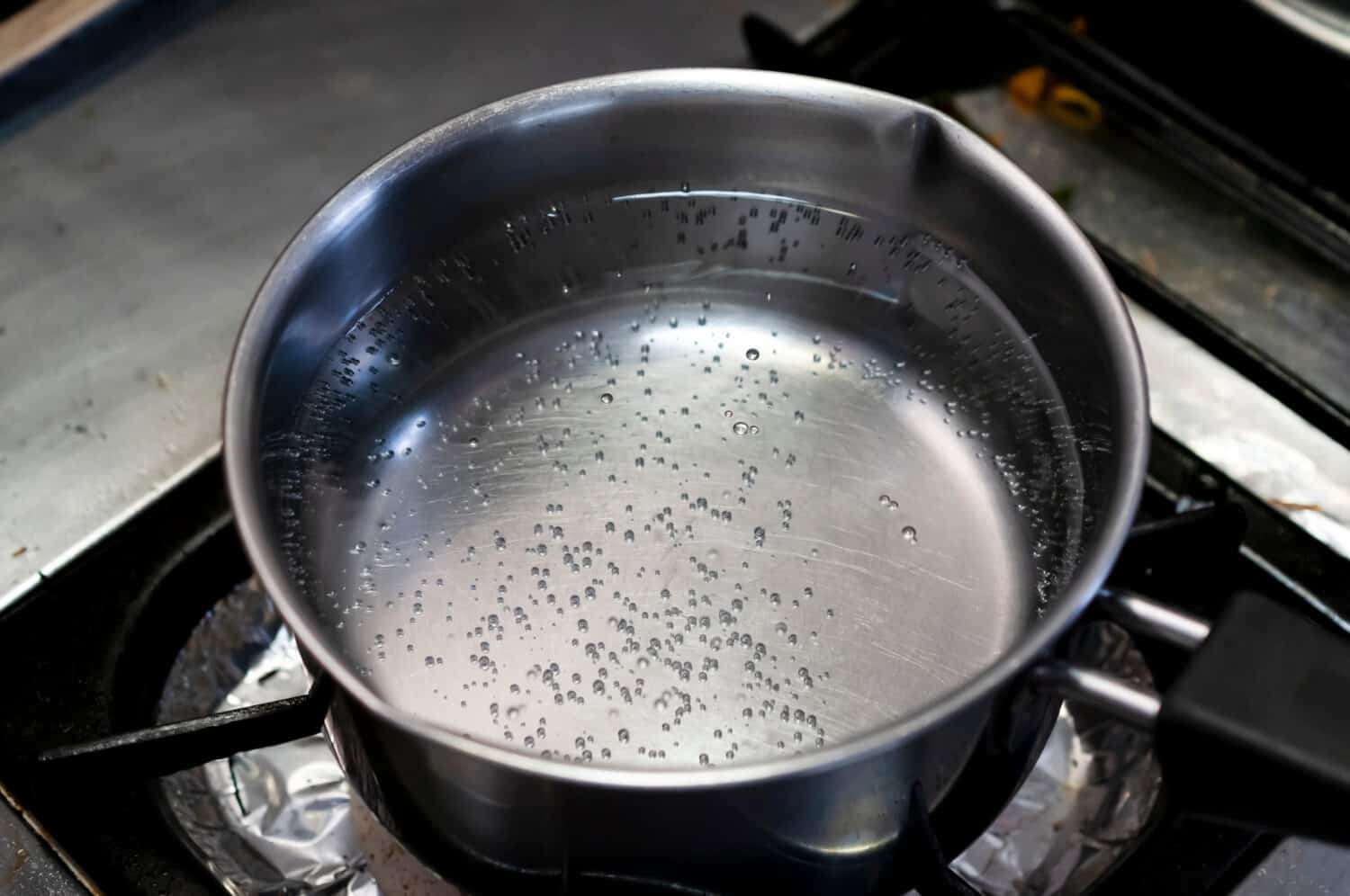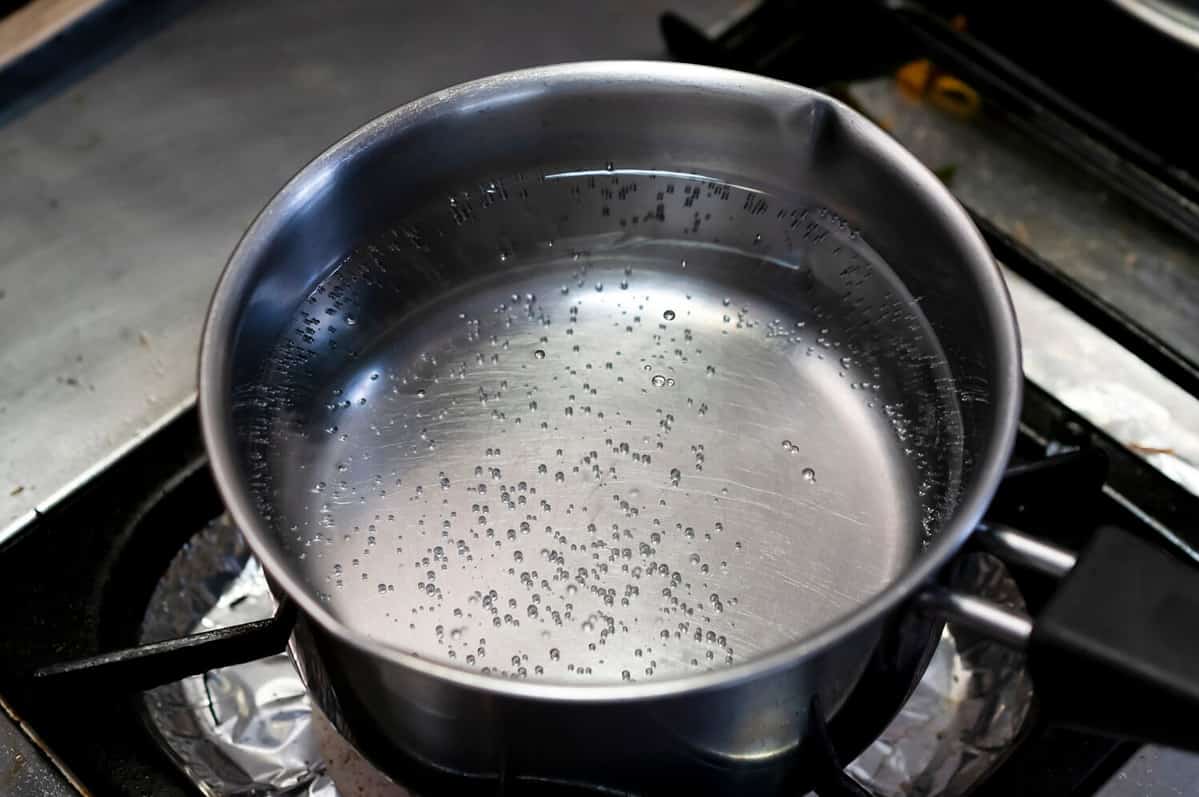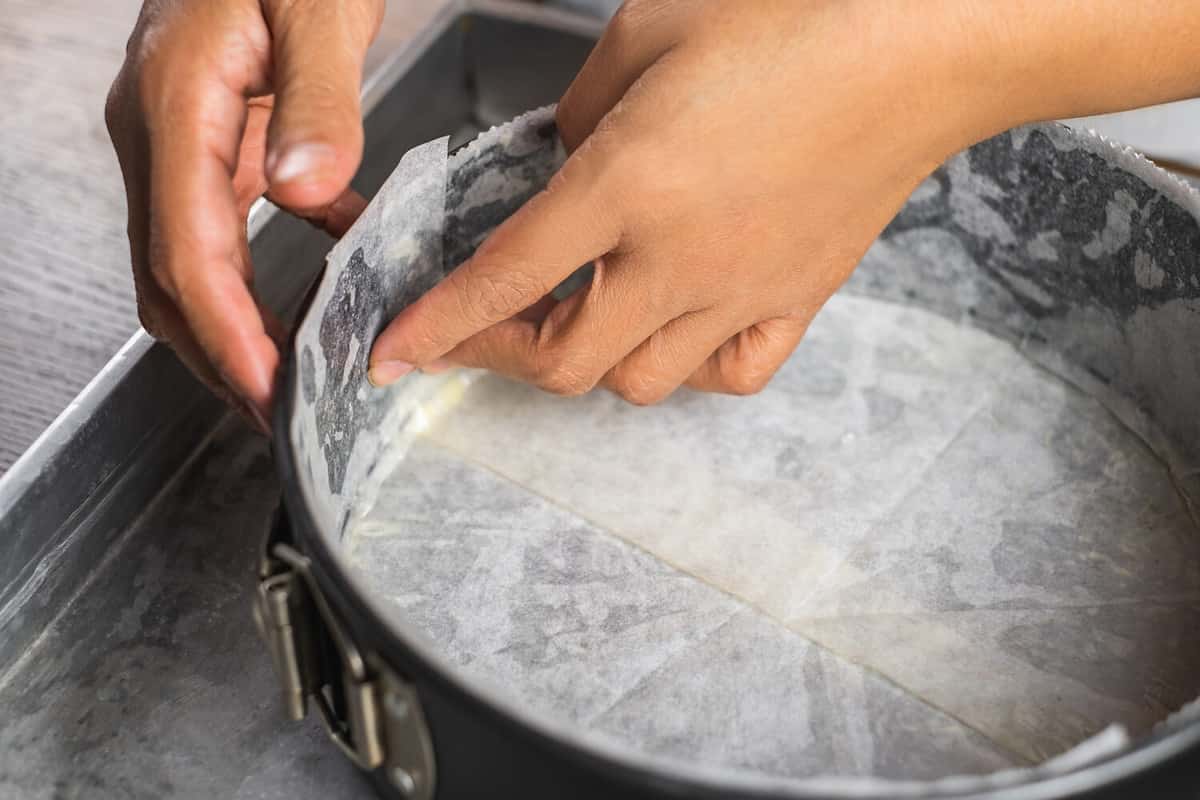

Stainless Steel vs. Aluminum: Which Is the Better Material for Cooking Today?
Stainless Steel vs. aluminum: Is there much of a difference when it comes to cooking? You may be surprised that they offer different cooking benefits, especially regarding durability, health benefits, and what foods to cook.
Stainless steel still is one of the longest-lasting kitchenware, due to it being made with chromium, an element that helps prevent rusting. The durability of stainless steel also comes from carbon, iron, and steel. When properly used, stainless steel can last a lifetime. On the other hand, aluminum is non-magnetic and contains non-ferrous alloy, different from stainless steel.
This guide covers everything you need to know about stainless steel and aluminum. You'll learn what makes them unique, what's better for certain foods, and how to avoid harmful toxins emitting from either of them.
What Is Stainless Steel?

©kariphoto/Shutterstock.com
Stainless steel is one of the most popular kinds of kitchenware. After being invented in 1913 by Harry Brearly, stainless steel quickly became popular among households in the 1920s and 1930s. Stainless steel stands the test of time beyond non-stick, aluminum, and other metals.
This is because stainless steel is made with elements that prevent it from rusting. The chromium found in stainless steel prevents the metal from corroding when cooked under high temperatures or in the dishwasher. You'll also find refrigerators and other household appliances are made with stainless steel because it allows the machine's exterior to last longer.
Here's an overview of the pros of stainless steel pots and pans:
- Durable because of the chromium element.
- Dishwasher safe and resistant to high temperatures.
- The outer coating found on stainless steel lasts for years.
Here are the cons of stainless steel pots and pans:
- Cleaning takes a while if food is stuck to the bottom.
- It is not perfect for some foods because they will stick to the bottom.
- The main benefit is its durability, not its features that make it great to cook with
What Is Aluminum?
While stainless steel offers durability, aluminum pots and pans have the strong ability to conduct heat. For example, if you're cooking something on the stove, you'll discover that pots and pans heat up faster if made of aluminum.
One of the most interesting facts about aluminum is that it has a higher heat capacity when compared to stainless steel. Aluminum pots and pans also enjoy the lightweight cooking feel instead of using heavier stainless steel pots and pans.
Another advantage of aluminum is that it cooks food evenly. You don't have to keep moving the pan around with aluminum for a balanced cook.
Here are some of the pros of an aluminum pot or pan:
- Strong ability to conduct heat
- Ability to heat up evenly
- Lightweight, especially when compared to stainless steel
Here are some of the cons of an aluminum pot or pan:
- Doesn't retain heat after cooking
- Highly reactive to acidic food
- Not as durable as stainless steel
Stainless Steel vs. Aluminum: What's Better for Cooking?

©MrWinn/Shutterstock.com
Stainless steel and aluminum both have distinct advantages. While stainless steel is perfect for durability, it's also great for cooking food.
For example, stainless steel needs some more work when cooking. You need to add some butter or oil to prevent food from sticking. Also, you want to ensure that the pots or pans are evenly centered to ensure the food is evenly cooked. You may also have to let the pots and pans sit in soapy water if food gets stuck to the bottom, requiring more cleaning. Beyond this work, stainless steel pots and pans are a great way to cook any of your favorite meals.
Aluminum pots and pans are also great for cooking. However, avoiding cooking with acidic food is important because the aluminum gives off a strange aluminum taste to these foods. Too much aluminum exposure is linked to problems with the central nervous system.
Aluminum pots and pans are still great when cooking with the right food. For example, cooking foiled-wrapped potatoes or steak is one of the best ways to cook with aluminum pots and pans.
Stainless Steel vs. Aluminum: What's Better for the Kitchen?
Trying to decide between steel and aluminum kitchenware can be difficult. They both have great benefits. If you like the lightweight feel of aluminum and are careful to stay away from acidic food, aluminum pots and pans are great. However, if you like durability and don't want to be concerned with acidic foods whenever you cook, then stainless steel pots and pans are perfect and slightly more expensive.
Knowing both can give you a better understanding of how each works and what to expect from both kinds of metals. Overall, you'll have a better idea stainless steel and aluminum can benefit your kitchen cooking.